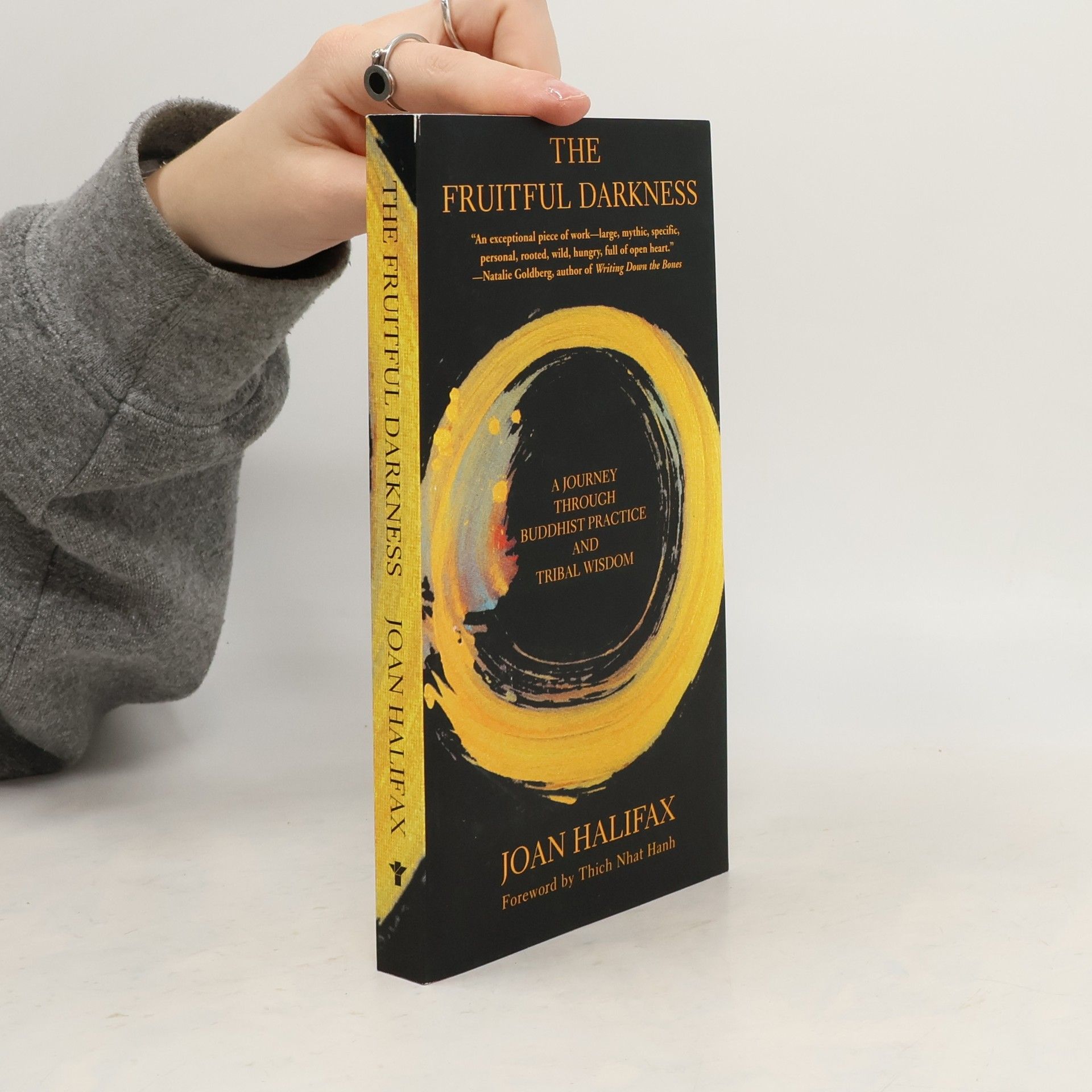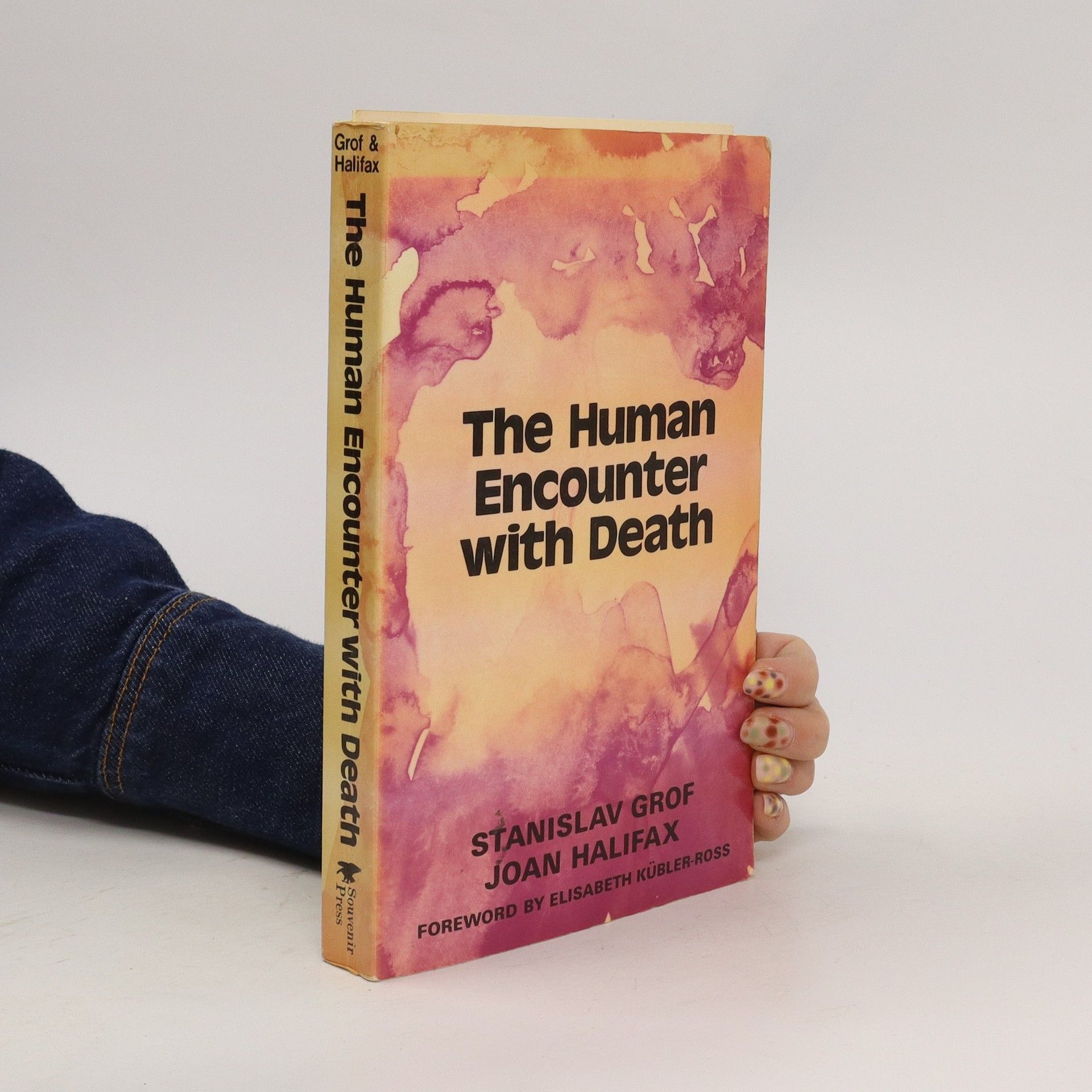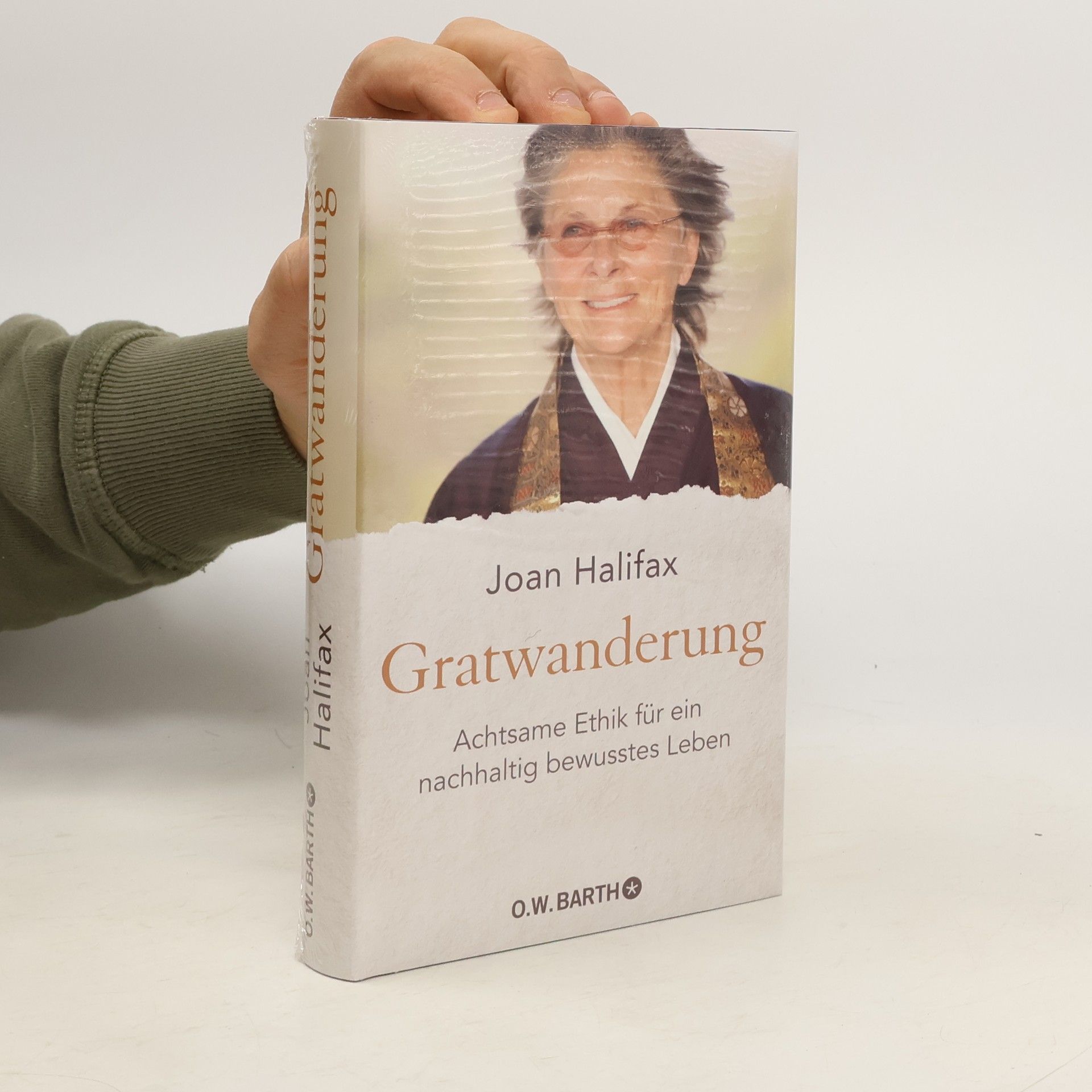Sophie Learns to Be Brave
- 32 pages
- 2 hours of reading
A story for kids ages 4–8 about a young girl and her encounters with a dog that teaches her friendship, presence, loss, and bravery. This story follows a young girl named Sophie and a sweet old dog who cross paths in the midst of a storm. “Breathing in, I am safe; breathing out, I am free,” Sophie repeats again and again to remind herself and the "old one" to stay present and brave when feeling scared or unsettled. In helping each other through their fears, a deep kinship is formed that makes a lasting impact on Sophie’s life.








